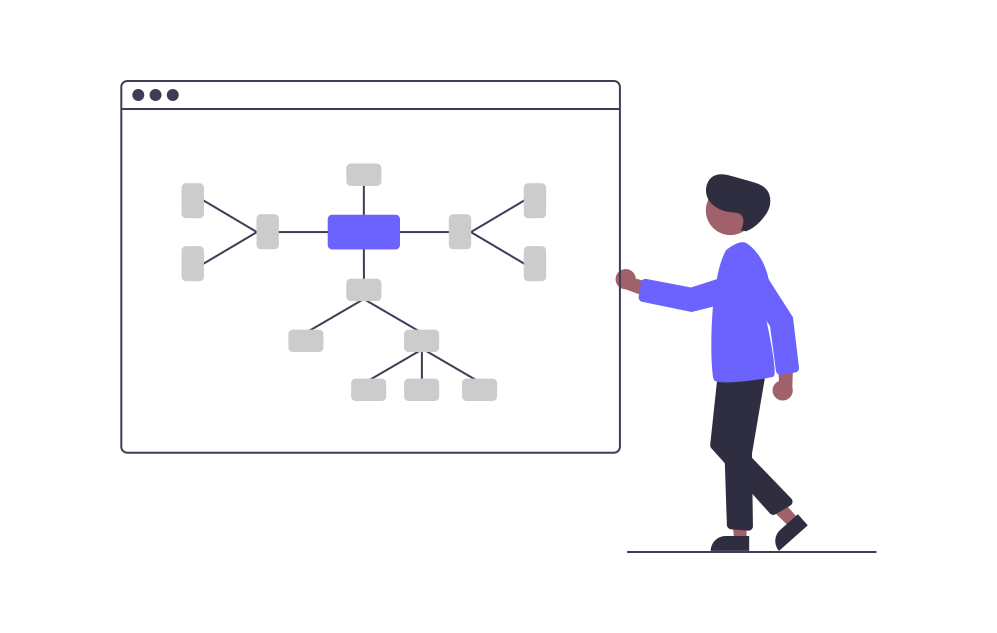Harnessing Digital Marketing for App Developers: Strategies for Success


Introduction:
In the competitive world of app development, creating a high-quality app is just the beginning. To achieve success, app developers must also focus on marketing their applications effectively. With millions of apps available in app stores, standing out requires a strategic approach that combines technical expertise with digital marketing prowess. This guide explores essential digital marketing strategies that app developers can use to boost visibility, attract users, and drive downloads.
Understanding the App Market:
The Importance of Market Research:
Defining Your Unique Value Proposition (UVP):
Digital Marketing Strategies for App Developers:
App Store Optimization (ASO):
Content Marketing:
Social Media Marketing:
Influencer Marketing:
Driving User Engagement and Retention:
Email Marketing:
Push Notifications:
In-App Marketing:
Analyzing and Optimizing Your Marketing Efforts:
Track Key Performance Indicators (KPIs):
A/B Testing:
Iterate and Improve:

Conclusion:
In today’s competitive app market, success requires more than just technical skills. By embracing digital marketing strategies, app developers can effectively promote their apps, attract users, and drive downloads. From app store optimization to social media marketing and user engagement techniques, these strategies can help you build a successful app business. For more resources and support, explore the SupplySyncSolutions.com community and connect with fellow app developers and marketers.